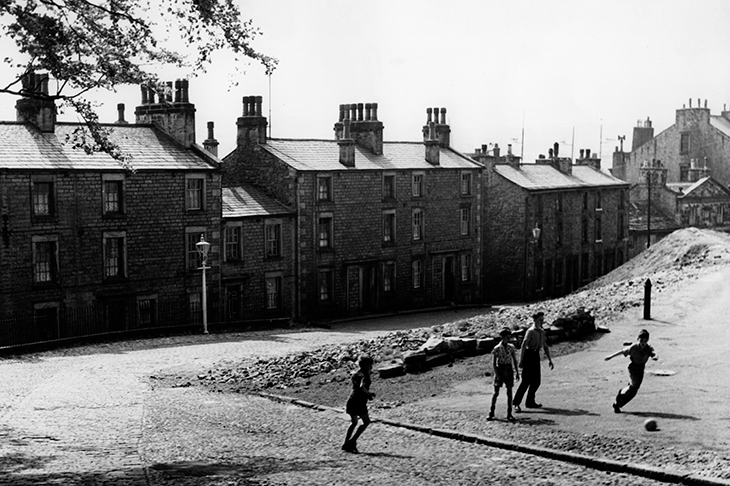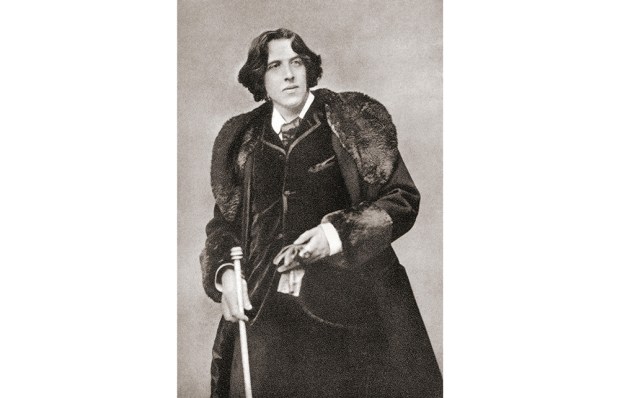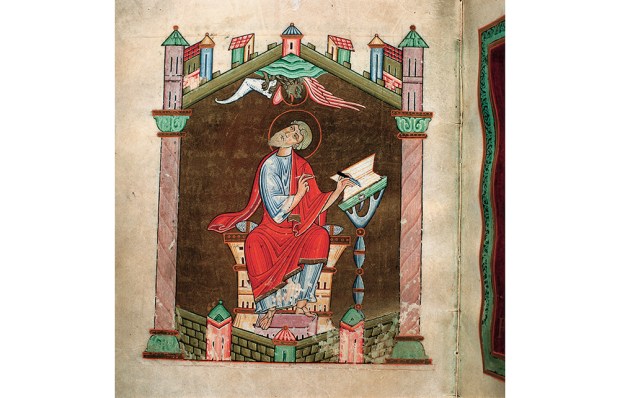In a career stretching back to the mid-1980s, Robert Edric has so far managed a grand total of 28 novels, plus a couple of early efforts under his birth name, G.E. Armitage. I must have read two thirds of this shelf-distending oeuvre, but in none of them have I ever detected the faintest whiff of disguised autobiography. Whether writing about early-Victorian Lakeland, in the 2006 Booker-longlisted Casting the Waters, or reanimating the career of P.T. Barnum (In the Days of the American Museum, 1990), Edric has always worn his detachment, his absolute reluctance to say anything about the person he is, or was, like a rosette.
All this makes My Own Worst Enemy, an account of his immensely tough upbringing in the shadow of the Sheffield steel factories, rather a departure. It is as if Henry James had just favoured us all with a journal of his sexual fantasies, or T.S. Eliot invited us to inspect the contents of his fridge.
Edric was born in 1956 in the nearby village of Ecclesfield, but moved to the city centre at the age of six. Both locales are nicely evoked, but looming over them is the terrifying figure of his father, who tyrannises over his wife and children like a medieval despot while subjecting each of his four dependents to an all-out war of psychological attrition.
Edric père turns out to be a belittler, a condescender, a scoffer and, worse, a violent alcoholic. At Christmas, the one season in the year that allows for some faint relaxation of the rules, the drinks order weighs in at several hundred cans of beer — and a bottle of Advocaat ‘for the ladies’. He was, essentially, a bully, his son deduces, and the life he led an endless competition, ‘everything a judgment concluded by a condemnation’, the whole performance — and Edric catches the theatrical element in this — sustained by an elemental capriciousness. And so, ordered to abandon his morning paper-round, the teenage Edric is not in the least surprised to be bawled out for not bringing in any money to the house.
Deciding that the best means of defence is to keep quiet and lie low, Edric finds consolation in the almost saintlike behaviour of his mother, and the grammar school scholarship which sweeps him off to a world where, for the first time, he encounters ‘dedicated, approachable, professional men’ who encourage him to make the best use of his talents. All the same, there is a bleak moment when he strolls round to see his best friend (who has failed the exam), is congratulated by the latter’s mother on her doorstep and then briskly informed that he won’t be seeing much of Andrew anymore.
Meanwhile, 1960s Sheffield stretches out beyond the foregrounded characters like a medieval frieze — a landscape of chock-a-block houses, working men’s clubs and cigarette smoke hanging heavy over each domestic interior. It would be odd if a book of this nature didn’t contain some mighty symbolic episode, and it comes at the very beginning, where Edric senior can be found exulting over the purchase —or rather hire-purchase — of a Crown Topper hairpiece to disguise his thinning locks. Vital for his self-esteem, the toupee is also an object of mockery. The last thing he wants, Robert decides, shortly before his escape to Hull University, ‘was for people to look at me the way they had looked at my father’s wig’. Neatly written, psychologically acute and never disguising the hurt that lies at its core, this is a small masterpiece.
Got something to add? Join the discussion and comment below.
Get 10 issues for just $10
Subscribe to The Spectator Australia today for the next 10 magazine issues, plus full online access, for just $10.
You might disagree with half of it, but you’ll enjoy reading all of it. Try your first month for free, then just $2 a week for the remainder of your first year.














Comments
Don't miss out
Join the conversation with other Spectator Australia readers. Subscribe to leave a comment.
SUBSCRIBEAlready a subscriber? Log in